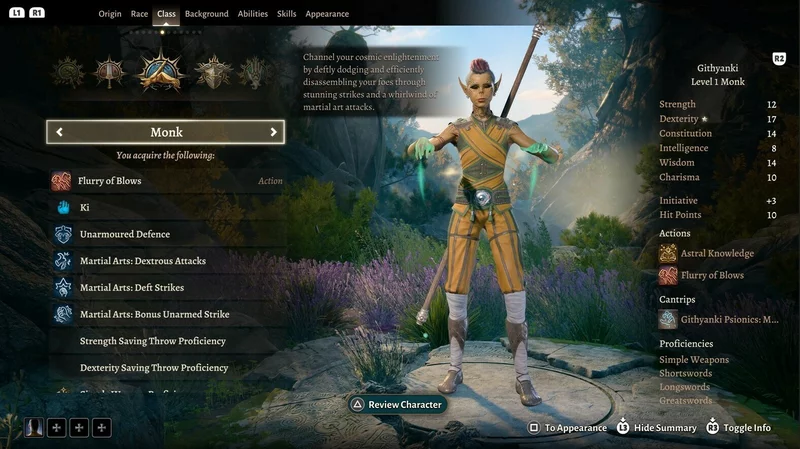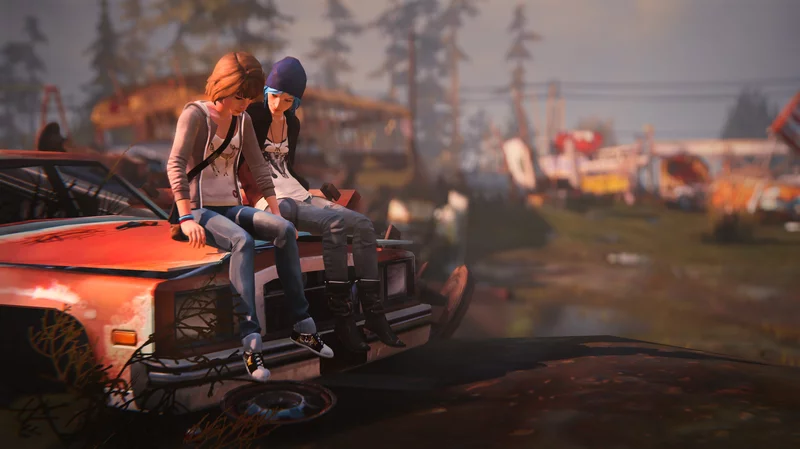The Olympic Games have long been a symbol of global unity, athletic excellence, and cultural celebration. Since their ancient inception in Greece, the Games have evolved into a massive international event, showcasing the pinnacle of human physical achievement and fostering a spirit of friendly competition. As we look forward to Paris 2024, the anticipation and…
Unlocking Inclusivity: Exploring the Gap in LGBTQ+ Representation in Gaming Culture.
According to GLAAD’s findings, approximately 1 in 5 American gamers identify as LGBTQ+, challenging the outdated stereotype of the typical gamer. Yet, this community often grapples with discrimination and harassment within gaming spaces, particularly in multiplayer environments where voice chats are common.
Veronica Ripley, known as Nikatine in the gaming world, shares her experience as a full-time Twitch streamer and founder of Transmission Gaming, a Discord community for trans gamers. Ripley’s journey highlights the harsh reality of facing bigotry and hate raids, even as she endeavors to showcase humanity beyond her transgender identity.
While Ripley’s story echoes the struggles of many LGBTQ+ gamers, it also underscores the resilience and sense of community within these spaces. Despite the challenges, Ripley and others like her find solace and empowerment through gaming, using platforms like Twitch to not only combat prejudice but also to celebrate their diverse identities.

For Ripley, gaming serves as more than just entertainment—it’s a tool for exploring gender and identity. Games like “The Sims” provide a safe haven for queer individuals to experiment with different identities, fostering a sense of belonging and representation often lacking in mainstream media.
Ray Lancione, president of Qweerty Gamers, emphasizes the importance of representation in gaming narratives. For LGBTQ+ individuals, seeing themselves reflected in characters and storylines is not only validating but also a means of connecting with like-minded individuals.
Contrary to outdated stereotypes, the demographics of gamers are diverse, with a significant portion identifying as female, people of color, and LGBTQ+. Recent research challenges the long-held assumption that gaming is solely the domain of teenage boys, revealing a more nuanced and inclusive reality.
Thanks to studies conducted by organizations like Nielsen and collaborations with GLAAD, there’s a deeper understanding of the LGBTQ+ gaming community. The data highlights a significant increase in LGBTQ+ representation among gamers, reflecting the evolving attitudes and identities of younger generations.
As society progresses towards greater inclusivity and acceptance, the LGBTQ+ gaming community continues to thrive, finding strength in unity and resilience in the face of adversity. Ripley’s story, along with the research from GLAAD and Nielsen, paints a picture of a vibrant and diverse gaming culture—one where everyone, regardless of identity, can find a place to belong.
The gaming industry has seen a remarkable surge in the LGBTQ+ gaming community, with a 70% growth over just three years, according to recent findings by GLAAD. However, despite this significant presence, true representation remains elusive within the realm of video games.

GLAAD’s research sheds light on a stark reality: less than 2% of all games include LGBTQ+ characters or storylines. This scarcity is particularly evident in mainstream titles, where LGBTQ+ representation is often relegated to optional romances rather than central narratives. While games like “The Last of Us” and “Life is Strange” have made strides in featuring LGBTQ+ protagonists, such examples remain few and far between.
The reluctance of major game studios to fully incorporate LGBTQ+ characters into their games often stems from apprehensions regarding potential backlash and negative reviews. Michel Koch, co-creator and art director of the highly acclaimed “Life is Strange” series, shares insights into the hurdles encountered when seeking funding and publisher support for narratives that embrace inclusivity. Despite facing opposition from a vocal minority resistant to progressive storytelling, Koch acknowledges the delicate equilibrium between creative freedom and commercial viability.
Furthermore, the global nature of the gaming industry introduces additional challenges, as studios navigate the complexities of potential censorship in certain markets. Koch’s firsthand experiences with the possibility of restrictions in Russia underscore the sacrifices made to maintain artistic integrity amidst commercial pressures.
Nevertheless, there exists a growing acknowledgment within the industry of the significance of authentic representation. While independent developers have spearheaded efforts in LGBTQ+ inclusion, it is imperative for major studios to actively challenge conventional norms and embrace diversity. By amplifying diverse voices and experiences, the gaming industry can foster a more inclusive environment that accurately reflects the diversity of its audience.
Tristan Marra, head of research at GLAAD, underscores the necessity for studios to establish measurable benchmarks to assess the current state of representation across all media platforms. This data-driven approach empowers studios to navigate a pathway toward enhancing LGBTQ+ representation in gaming.
Adrienne Shaw, a prominent researcher in the video game field, recognizes GLAAD’s report as a potent catalyst for change within game development teams. Backed by robust data demonstrating the preferences of LGBTQ+ gamers for content that mirrors their identities, Shaw emphasizes the report’s utility as a persuasive tool for advocating increased representation to industry executives and teams.
Drawing from the insights gleaned from the GLAAD report, game studios can implement pragmatic strategies to amplify LGBTQ+ representation within their products. GLAAD’s recommendations offer a roadmap for developers, stressing the importance of proportionate representation of LGBTQ+ characters in games. By seamlessly integrating diverse characters into game narratives, studios can craft experiences that resonate with a broader audience while fostering a sense of inclusivity and belonging.
Furthermore, fostering inclusivity within gaming communities is paramount for creating a welcoming environment for LGBTQ+ players. Studios can achieve this by instituting policies and initiatives that champion diversity and respect. Consulting with LGBTQ+ media experts, such as GLAAD, can provide invaluable insights into effective strategies for representation and cultural sensitivity.
Moreover, promoting diversity within studio leadership is essential for driving substantive change within the gaming industry. By actively seeking out and hiring LGBTQ+ individuals for leadership roles, studios can ensure that the voices of marginalized communities are valued and heard.
In conclusion, it is imperative for game studios to embrace their pivotal role as agents of change. By prioritizing LGBTQ+ representation and inclusivity, studios can enrich the gaming experience for all players and contribute to a more equitable and diverse media landscape. Through concerted efforts and collective action, game studios can champion change and pave the way for a future where every player sees themselves authentically reflected in the games they play.
More info: Global Icon News





hey there and thank you for your information – I have certainly picked up
anything new from right here. I did however expertise a few technical points using this web site, as I experienced to reload the web site
lots of times previous to I could get it to load correctly.
I had been wondering if your web host is OK?
Not that I’m complaining, but sluggish loading instances times will sometimes affect your placement in google and can damage your high quality score if ads and marketing
with Adwords. Well I’m adding this RSS to my email and can look out for
much more of your respective exciting content. Make sure you update this again soon..
Escape rooms
Hello! I simply wish to offer you a huge thumbs up for the
great information you have got here on this post. I’ll be coming back to your blog for more soon.